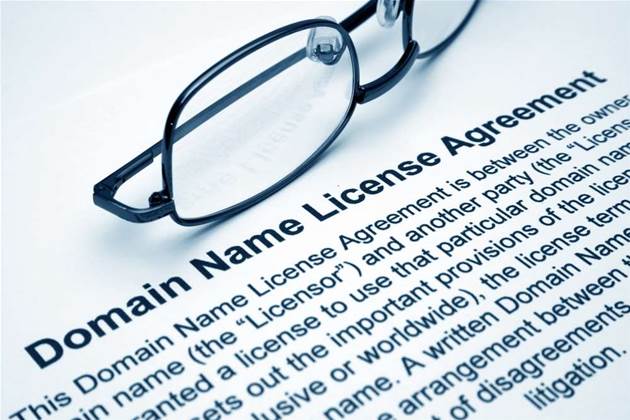The international body overseeing website domain names has set a new deadline of May 30 for organisations to apply for custom generic top-level domain names (gTLD) after a software glitch exposed sensitive application details last month.

The new deadline would provide some reprieve for those companies who waited until the last-minute to attempt the highly complex application process, which is unlikely to become available again for some years.
The system, which allows companies to apply for ownership of new top-level domain names like ".canon" or ".pepsi" have proved popular, garnering 1268 applications in the months leading up to the initial April deadline.
It has also been a source of interest for some Australian companies, with the AFL, iiNet and NSW and Victorian Governments all confirming applications for new top-level domains. Each application costs $185,000 with subsequent hosting costs borne by the successful applicant.
The process was pulled, however, when oversight body ICANN discovered a software glitch that "allowed a limited number of users to view some other users' file names and user names", according to the body's chief operating officer Akram Atallah.
ICANN chief executive Rod Beckstrom said the global body now hoped to "move on to the next phase" of the process.
"I think the team has done a very professional job of dealing with the situation," he told Reuters by telephone.
ICANN plans to publish details of who applied for which domain before the US organisation's next major meeting in Prague, Beckstrom's last before he hands over to a new CEO.
But the TLD program has been dogged by controversy, including concerns from applicants that brand owners have felt forced to take part in the expensive project or risk rivals bagging domains that could be mistaken for their own.
Introduction of potentially thousands of new top-level domain names has also raised questions of corporate governance at ICANN, since some current and former directors of the body stand to make money out of the explosion of new names.
ICANN has tried to prevent such so-called cybersquatting in its latest process, building in safeguards for brand owners that mean applicants have to show they have rights to a trademark, say "Apple", before they can be given .apple.
However, most organisations have chosen to keep quiet about whether they have applied for the new domains, or which so-called strings they have applied for, fearing that rivals might take advantage of the knowledge for their own web strategies.
The stated goal of the gTLD program is to encourage innovation on the Internet.
The US Government, which has publicly opposed the gTLD program, provisionally extended ICANN's contract to operate and manage the internet naming system but issued a warning as to its concerns of the body's control.
Additional reporting by James Hutchinson.


.png&h=140&w=231&c=1&s=0)

_(36).jpg&h=140&w=231&c=1&s=0)






 iTnews Executive Retreat - Security Leaders Edition
iTnews Executive Retreat - Security Leaders Edition
 iTnews Cloud Covered Breakfast Summit
iTnews Cloud Covered Breakfast Summit
 Melbourne Cloud & Datacenter Convention 2026
Melbourne Cloud & Datacenter Convention 2026
 The 2026 iAwards
The 2026 iAwards











_(1).jpg&h=140&w=231&c=1&s=0)



